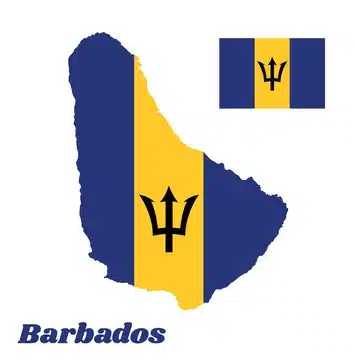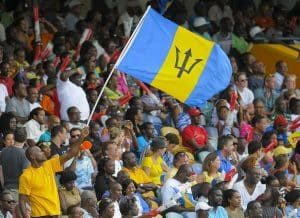Headlines
The Rise and Fall of Colonialism in Barbados

Barbados is the eastern-most Caribbean Island, formed by a volcanic eruption and coral accumulation. It was inhabited by indigenous peoples – Arawaks and Caribs – before the Europeans arrived. The Spanish and Portuguese briefly claimed the island in the 16th and 17th centuries, but it was the British who colonized it in 1627. Barbados became a major sugar producer and slave trade hub in the 17th and 18th centuries, with a large population of African descent. It also established an assembly of landowners in 1639, which was the third oldest legislature in the Americas. Barbados achieved self-government in 1961 and independence in 1966, remaining a member of the Commonwealth. It became a republic in 2021, removing the queen as its head of state.
See population, official language and more…

Barbados
The island was first called ‘Los Barbados’ by the Portuguese who visited in 1537, because of the bearded fig trees they saw.
The first inhabitants were Amerindians, mainly Arawaks and Caribs, who came from South America.
The Spanish and Portuguese claimed the island in the 16th century but did not settle it. They enslaved and deported many of the natives.
The English colonized the island in 1627, after Captain John Powell claimed it for King James I in 1625.
The English settlers introduced sugar cane, tobacco, cotton and indigo to the island, and imported enslaved Africans to work on the plantations.
The island became a wealthy and prosperous colony, with a large white elite and a black majority. It also faced threats from other European powers, such as France and Holland.
The island developed a political system based on the English model, with a governor, a council, and an assembly elected by landowners.
The island was involved in the American Revolution, the French Revolution, and the Napoleonic Wars, as well as several slave rebellions and social conflicts.
The island abolished slavery in 1834, and gradually introduced reforms to improve the conditions of the freed blacks, such as education, health care, and voting rights.
The island joined the West Indies Federation in 1958 but left in 1962. It became an independent nation within the Commonwealth in 1966, with Errol Barrow as its first prime minister.
The island developed a diversified economy based on tourism, manufacturing, and financial services. It also maintained close ties with Britain and other Caribbean countries.
The island became a republic on November 30, 2021, removing the queen as its head of state. Sandra Mason became its first president, and Mia Mottley remained its prime minister.





